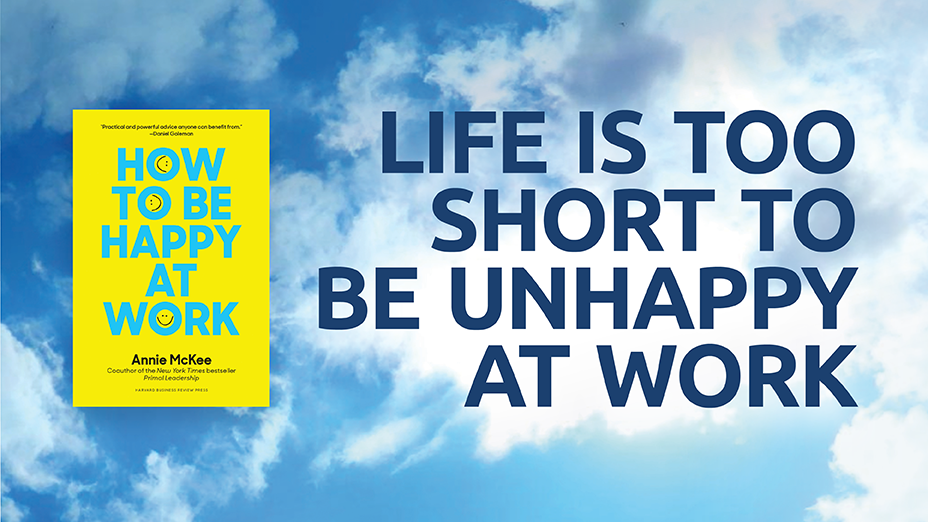This is an excerpt from Scaling Up Excellence, which Huggy Rao and I published. Our research revealed that scaling is a problem of both more and less. The best organizations construe it as more than a process of expanding their reach to more people and places. They treat scaling as "a subtraction game", a never-ending hunt for unnecessary sources of friction and frustration. Twitter’s Executive Vice-President of Engineering Chris Fry emphasizes that the best leaders and teams use the hierarchy to “defeat” dysfunctional bureaucracy as organizations grow and age – to add constraints and processes that help people do their work, but don’t make them feel as if they are walking through muck.
Adobe killed one of the most sacred of corporate cows: traditional yearly performance reviews.
In this spirit, Huggy and I are especially taken with what Adobe has taken to remove and replace one of the most widely used (and questionable) of organizational practices.
Renowned American novelist Ernest Hemingway said that the most essential gift for a good writer is “a built-in shock-proof shit detector,” the ability to spot bad or unnecessary text, the skill to fix what is salvageable, and the will to throw away what is beyond repair or unnecessary. Leaders and teams that spread excellence act the same way, ruthlessly spotting and removing crummy or useless rules, traditions, tools, and roles that clog up the works and cloud people’s minds.
One of our favorite examples of such subtraction was implemented by Adobe’s senior leaders in 2012 – a change that affected all 11,000 employees. Most LinkedIn readers know that Adobe produces software including Photoshop, Acrobat, Creative Cloud, and the Digital Marketing Suite. Adobe killed one of the most sacred of corporate cows: traditional yearly performance reviews. Management experts have questioned the value of such reviews for decades. Quality guru W. Edwards Deming blasted away: “It nourishes short-term performance, annihilates long-term planning, builds fear, demolishes teamwork, nourishes rivalry and politics.” UCLA’s Sam Culbert called them bogus and urged companies to abolish them. We sometimes joke that, if the performance review (as usually done) was a drug, it wouldn’t be approved by the U.S. Food and Drug Administration because it is so ineffective and has so many vile side effects.
The aim is to give people information when they need it rather than months after teachable moments...
Despite such blistering critiques, Adobe has been one of the few companies with the guts and gumption to abandon them: in 2012, they moved from yearly performance rankings to frequent “check-ins” where managers provide employees targeted coaching and advice. There is no prescribed format or frequency for these conversations, and managers don’t complete any forms or use any technologies to guide or document what happens during such conversations. They are simply expected to have regular check-ins to convey what is expected of employees, give and get feedback, and help employees with their growth and development plans. The aim is to give people information when they need it rather than months after teachable moments have passed. Once a year, managers make adjustments in employee compensation. Managers have far more discretion over such decisions than in the past: they have nearly complete authority to allocate their budget among their charges as they see fit. In addition, employees are now compensated based on how well they have met their goals--forced rankings have been abolished. As part of the rollout, managers were trained in the nuances of giving and receiving feedback and other difficult conversations through lectures and role playing, where they practiced challenging scenarios.





.png)




What Did You Think?